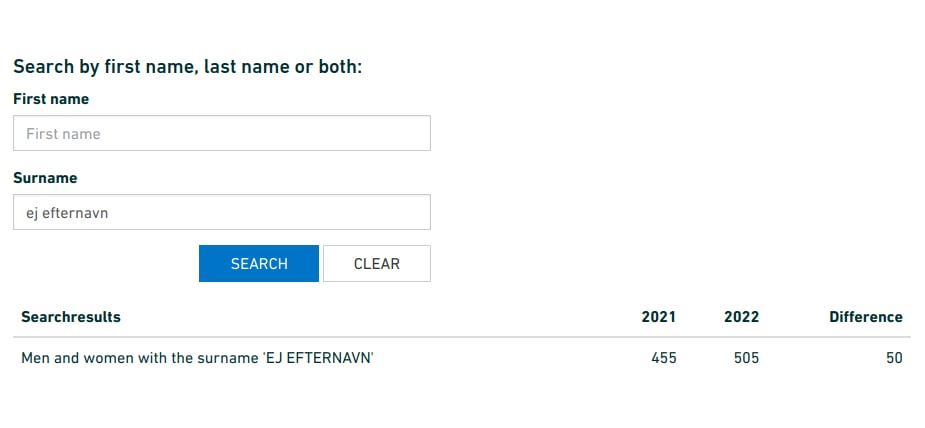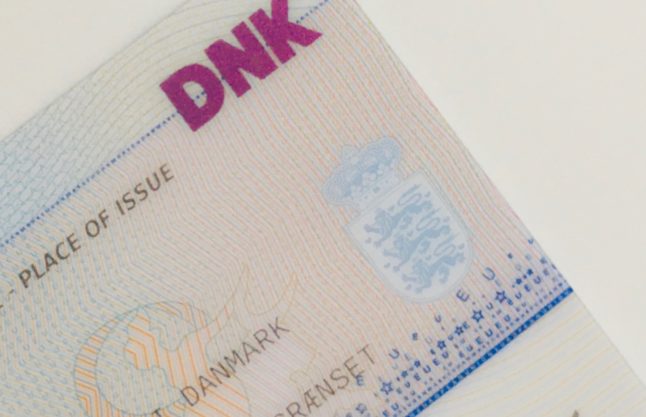The Danish Agency for International Recruitment and Integration (SIRI) confirmed to The Local it has been unable to print residence permit cards when the applicants do not have a last name.
The agency also said that it has now found a solution to the problem and was working to clear a backlog of unissued residence cards.
The issue can affect foreign residents including people from regions of south India where naming conventions can mean a last name or family name is not given. As such, a significant number of legal residents of Denmark are currently without the correct documentation.
“I have lived in Denmark for more than six years, obtaining my PhD here too,” Raghavendra Selvan, an assistant professor and Computer Science researcher at the University of Copenhagen, told The Local.
“I am originally from south India, where a large portion of us do not have a last name or family name,” he said.
“We mainly have a given name and in some cases use the first name of our fathers as the last name. For instance, my given name is Raghavendra and my last name is my father’s given name ‘Selvan’. However, in my passport the field for last name is empty,” he explained.
“All my official records in Denmark now explicitly state this. So, my name is ‘Raghavendra Selvan Ej Efternavn’ [“no surname” in Danish, ed.],” he said.
A Statistics Denmark search shows over 500 Danish residents with their last name registered as Ej Efternavn.

SIRI confirmed to The Local that technical problems had prevented residence cards from being produced in cases in which surnames are not stated on passports.
However, SIRI said a solution had now been found and that residents who remain without cards will be issued with them “as soon as possible”.
“There has been challenges with issuing residence cards to foreigners with no surname,” SIRI said in a written statement.
“SIRI has now in cooperation with our supplier, Thales, found a solution, which is currently being implemented,” the agency said.
No specific timeline was given by the agency for delivery of residence cards to those affected by the issue.
“Due to a backlog, we still expect some further delay before all cards can be ordered, printed and issued,” SIRI said.
“In cooperation with Thales, we will do our best to ensure that all cards will be issued as soon as possible,” the agency told The Local.
The issue with the residence cards means affected persons are required to apply for a re-entry permit whenever they leave Denmark, which can complicate travel.
READ ALSO: Danish authority warns of delivery delays on residence cards
“I have been waiting for my card since December 2020, that’s close to 18 months since I received my decision and about 20 months since the application itself,” Raghavendra Selvan said.
“I am now having to apply for a re-entry permit every three months to be able to travel outside Denmark,” he added.
“Having to get a re-entry permit every three months is annoying, and traveling outside Denmark when the re-entry permit is about to expire is extremely stressful,” he said.
The computer science researcher said that he had previously been advised to change his name in his passport in order to fix the issue.
“While I understand it is uncommon to not have a last name… asking all of us to change our name is not the best solution to this problem. This also reflects poorly on how Denmark is unable to accommodate diversity in names into its systems,” Raghavendra Selvan said.



 Please whitelist us to continue reading.
Please whitelist us to continue reading.
Member comments